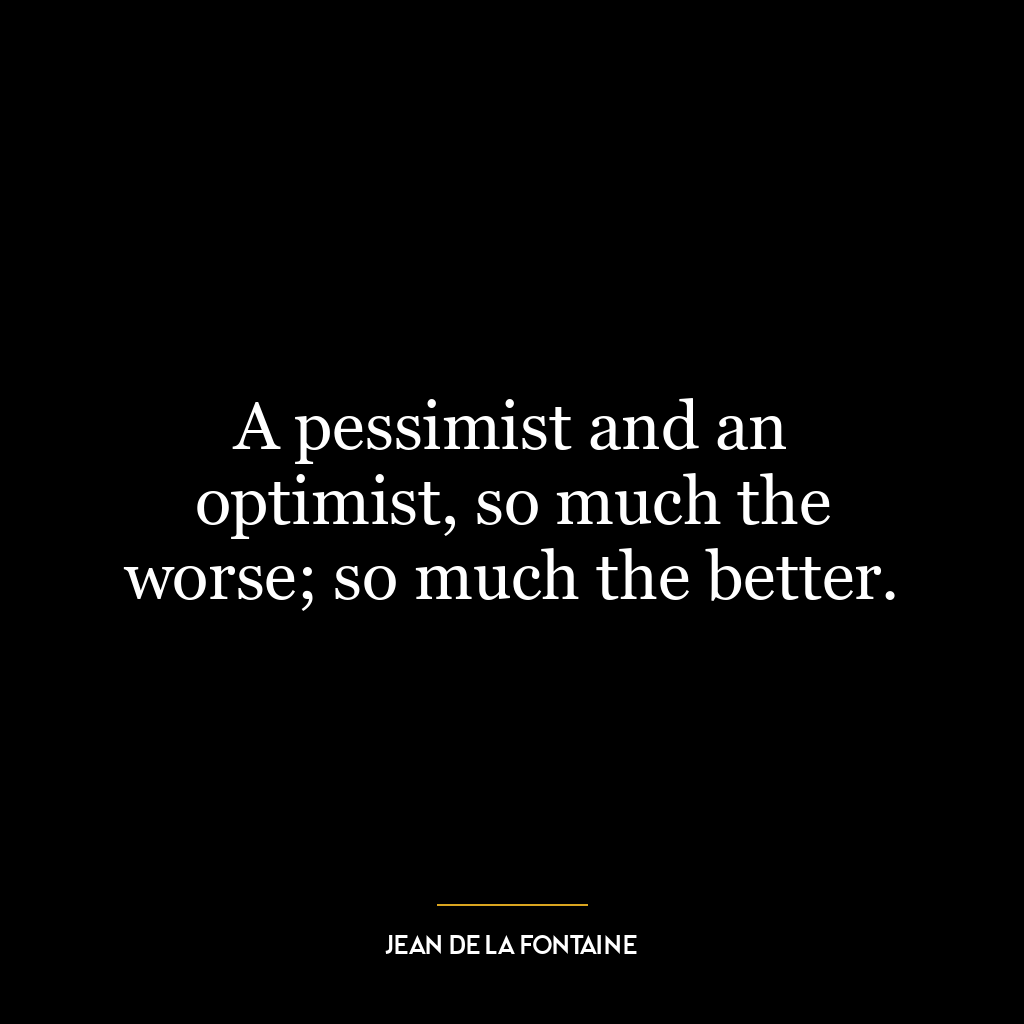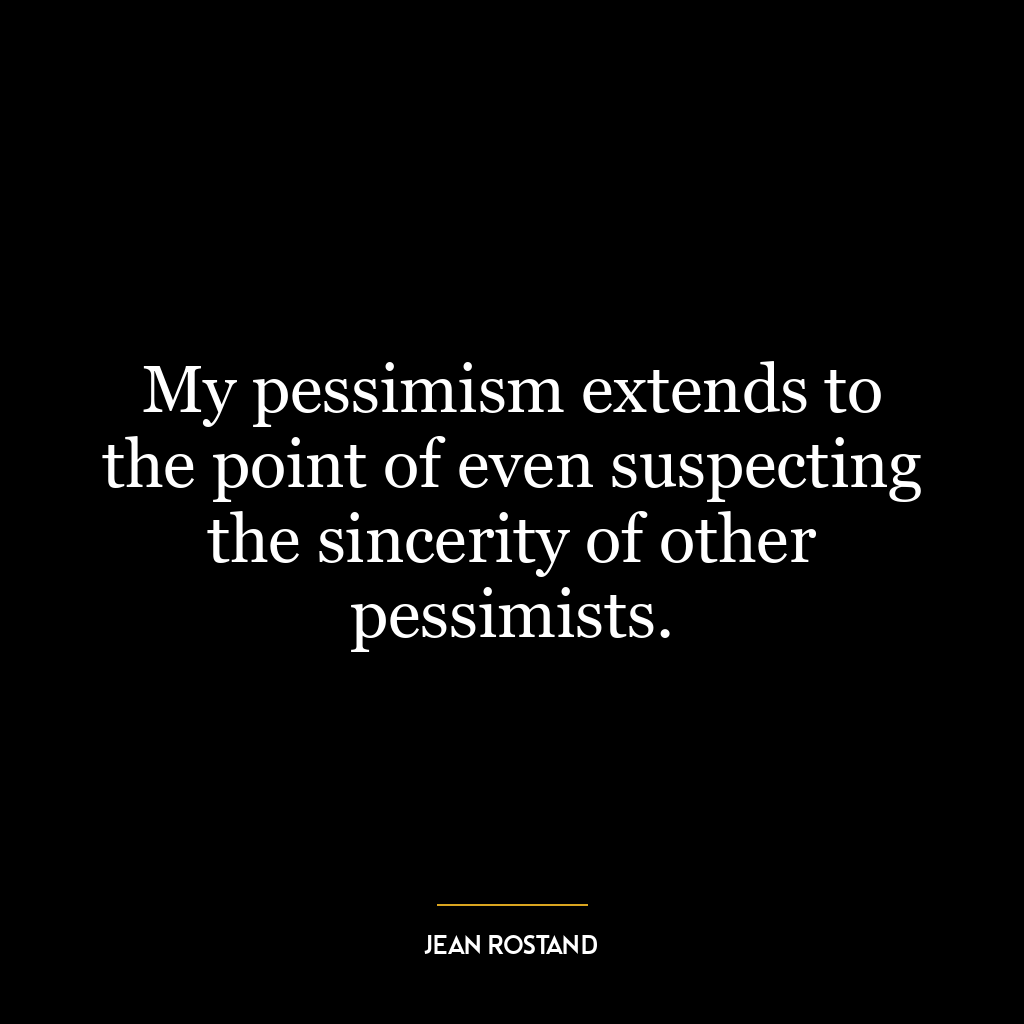Oscar Wilde’s quote suggests that the philosophical concept of pessimism, often attributed to the analysis of Arthur Schopenhauer, was in fact first embodied in the character of Hamlet, from Shakespeare’s play. Pessimism, in philosophical terms, is the belief that life is fundamentally tragic and fraught with suffering. Schopenhauer, a 19th-century philosopher, was known for his pessimistic philosophy, arguing that human desires and our constant struggle to fulfil them only lead to pain.
However, Wilde suggests that this concept was first invented by Hamlet, a prince who is paralyzed by his philosophical musings on life, death, and the futility of existence. Hamlet’s famous soliloquy, “To be or not to be,” is a profound meditation on the harsh realities of life, and it’s this introspective pessimism that Wilde argues was the precursor to Schopenhauer’s philosophy.
Applying this idea to today’s world or personal development, it could remind us that our perceptions and attitudes towards life can significantly shape our experiences. If we approach life with a Hamlet-like pessimism, we may find ourselves paralyzed, unable to make decisions or take action due to our focus on the potential for suffering and failure. On the other hand, understanding this pessimistic viewpoint can also lead to greater empathy for others who are struggling, and may encourage us to seek ways to alleviate suffering in the world.
From a personal development perspective, recognizing the potential for pessimism in our own thought patterns can be a first step towards combating it. By acknowledging these thoughts, we can work to shift our focus towards the positive aspects of life, and strive to find meaning and purpose even in the face of adversity. This doesn’t mean ignoring the harsh realities of life, but rather choosing to persevere and seek joy and fulfillment despite them.












